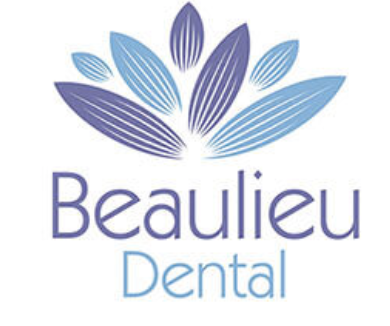Waking up with a sore jaw or headaches? You might be one of the many people unknowingly grinding their teeth at night. This condition, known as bruxism, can sneak up on you and cause real problems for your teeth and overall health. But don’t worry, there are simple, effective ways to manage it.
Let’s walk through some helpful tips, including finding the best mouth guard for teeth grinding that you can trust.
Understand the Cause
Before jumping to solutions, it’s good to understand what might be triggering your teeth grinding.
Common causes include:
- Stress or anxiety
- Sleep disorders (like sleep apnea)
- Caffeine or alcohol consumption late in the day
- Misaligned teeth or bite issues
Knowing the root of the problem can help you tailor the right solution. Sometimes, making simple lifestyle changes such as meditation, stress reduction, and better bedtime routines can help improve nighttime teeth grinding.
Try Relaxation Techniques Before Bed
Stress is a big contributor to bruxism, so developing a calming bedtime routine can help. Try the following techniques to help improve your sleep:
- Meditation or deep breathing
- Gentle stretches
- Reading a book (avoid screens!)
- Warm baths or herbal teas
The more relaxed your body and mind, the less likely you are to clench your jaw in your sleep.
Invest in a Mouth Guard
One of the most effective ways to protect your teeth is to wear a mouth guard at night. These handy devices create a barrier between your teeth, preventing damage caused by grinding.
So, which type should you choose?
- Over-the-counter options: If you’re looking for the best mouth guard for teeth grinding UK shoppers can buy without a prescription, there are many great options online and in pharmacies you can choose from. These are usually boil-and-bite style and can be a good starting point.
- Custom-fit guards: A dentist mouth guard offers a professional fit designed just for your teeth and jaw shape. Though more expensive, these guards tend to be more comfortable and durable, especially for severe grinding.
Whether you start with a store-bought bite guard or go straight for a dentist mouth guard, the key is to actually wear it consistently to start noticing the difference.
Consider a Bite Guard
If your main concern is protecting your bite or jaw alignment, a bite guard might be the right option. While the terms “bite guard” and “mouth guard” are often used interchangeably, bite guards are sometimes designed specifically for jaw positioning, and your dentist can help you determine what’s best for your needs.
Talk to Your Dentist for Advice
If your teeth grinding is causing serious discomfort or dental damage, don’t wait to book an appointment. Your dentist can assess your bite, recommend the right bite guard, and even check for signs of worn enamel or jaw strain.
They’ll also help you figure out if a dentist mouth guard is a better long-term solution than a shop-bought one.
Nighttime teeth grinding doesn’t have to take a toll on your smile or your sleep. Whether you’re experimenting with a store-bought option or investing in the best mouth guard for teeth grinding that dental experts recommend, the most important step is to take action.
Combine that with relaxation techniques and regular dental checkups, and you’ll be well on your way to waking up feeling refreshed and pain-free.


